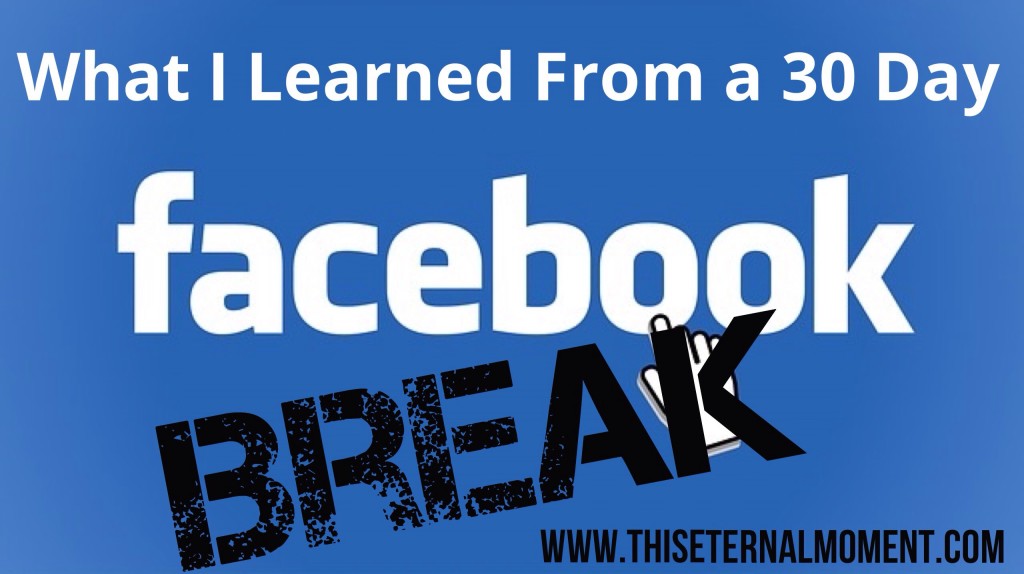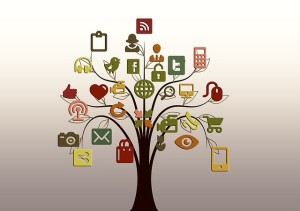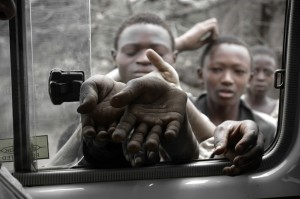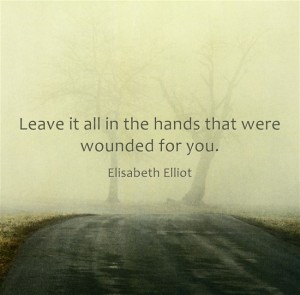
It’s no surprise that studies have proven and continue to prove that people who limit time on social media are happier.
At the beginning of January, I decided that I was allowing too many extra minutes to get sucked up on Facebook and the internet in general.
I decided that I would take at least one month away from Facebook with one caveat – I would show up once a week just to post my blog.
My husband moved our main home computer to our basement (which is very cold this time of year) and this forced me to only use the computer when I had a clear and direct goal to accomplish.
How has this impacted my life? I’m so glad you asked 🙂
1. More Time – This is the most simple and obvious way that abstaining from social media has impacted my life positively.
I think many of us have a form of media (t.v., movies, gaming, internet) that can suck us in and before we know it, one or two hours have gone by and we think, “Where has the time gone and what do I have to show for it?!”
Saying no to Facebook and extra online time has given me more time to accomplish other goals and interests, which has in turn decreased my stress and simply made me feel more peaceful.

2. Greater Contentment and Confidence – When you aren’t constantly hearing what 700 other people think it is simply refreshing. To be confident in your convictions and decisions (without checking in to see how many people “liked and commented” on your most recent thought) can produce great joy and peace.
Most of us tend to present our “best face” online – so social media isn’t usually an accurate gauge of someone’s reality. When we see pictures of people’s perfectly behaved children or amazing vacation, we may find ourselves filled with discontent over our own lives rather than reminding ourselves that we are seeing someone’s highlights – not their day-to-day reality.
3. Greater Thought Space – Media has a tendency to swirl around in our brain even when we set it aside. When we engage with videos, images, articles, or online discussions, these interactions can continue to impact our thought life hours later – for better or for worse.
On the flip side, when we allow our thought lives to be primarily influenced by our daily reality and by the real needs and interests of those around us, we may find ourselves being more mentally aware and engaged.
I have personally found that instead of pondering some random comment or status update, I’ve been thinking more about people in my daily life and the situations they are facing. Cutting out extra online time was like cutting all the spam from my email inbox.

4. More “Face Time” – The less time we spend attached to media, the more time we have to invest in face to face relationships with our neighbors, co-workers, and most importantly, God and our family. These “flesh and bone” people are the ones we should invest the best and bulk of our time with.
5. Greater Engagement in the Present – when you are connected to your phone, checking the latest game scores or facebook updates, you miss what is going on around you in real life.
Even simple things like putting my phone in my pocket while I am in the grocery checkout line and choosing to have a conversation with my cashier rather than texting shows to that individual that I notice them and I want to engage.
This fabulous commercial sums it up 🙂
So – am I coming back? Yes and No. And more no than yes. Yes, I am thankful for Facebook because it is a tool that has allowed me to connect with long distance friends and keep in touch. However, when I do come back, I plan to limit my exposure in order to make more thoughtful social media exchanges rather than mindlessly scrolling through status updates.
How about you? Could you use a respite from Facebook or another form of media? I can tell you from experience – if you take a “time out” you simply won’t regret it!




